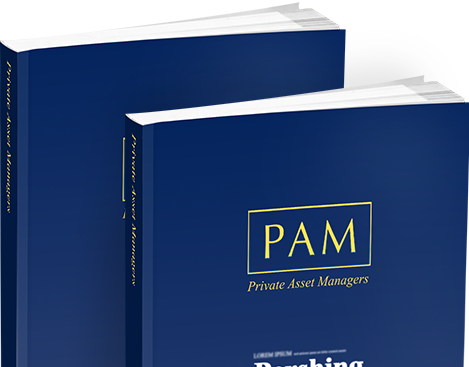There are still opportunities for tax planning involving offshore investments, particularly if you are UK non-domiciled. These planning possibilities are looked at in depth in chapter four.
For UK domiciled individuals, offshore insurance policies enable you to defer tax until the bond is cashed in. If you then cash in the bond when you are retired or living overseas, you could reduce your tax bill, but this depends on the local tax regime. As with onshore insurance bonds, any switches between funds within the policy are free of CGT.
An offshore bond can also be written with multiple lives assured. If the life assured dies, the bond does not have to be cashed in and therefore the investment carries on.
If the bond is held in trust, during the tax year following the death of the individual, the income tax charge will fall on the UK trustees of the trust at a rate of 45 percent. Alternatively, the trustees could assign the policy to a UK beneficiary who could cash it in and pay income tax at his or her rate, which may be lower than the trustee's rate. This works best when you assign the bond to a spouse or adult children who are in a lower tax band than yourself.
You must declare all taxable offshore income to HMRC. This can usually be done on your annual Self Assessment tax return.
The PAM Directory is a comprehensive guide on comparative data focusing on asset managers, investment managers, private banks, stockbrokers, wealth managers and multi-family offices, who provide discretionary and/or advisory portfolio management services for private clients.
Order Now
Subscribe to PAM to hear about the latest news and promotions
Site Content Copyright PAM Insight Ltd 2016
This option is not available when logged in as a Private Asset Manager.
For registering with PAMonline. You should now receive an email asking you to verify your email address. If you do not receive this email, please call +44 (0)207 967 1601 for assistance.
To reset your password please enter code below.
To restore your password please enter your email below.
To see full information of the Private Asset Managers, plus the opportunity to rate and follow, login or register
For registering with PAMonline.
You should now receive an email asking you to verify your email address.
If you do not receive this email, please call +44 (0)207 967 1601 for assistance.
To return to the Home page, click here
To see full information of the Private Asset Managers,
plus the opportunity to rate and follow, login or register.
Please fill in all the fields.
To activate your account enter valid activation code below.
To resend activation email type in your registered email address below. Or contact the PAM office on +44 (0)20 7967 1608 to get instructions to activate your account.
